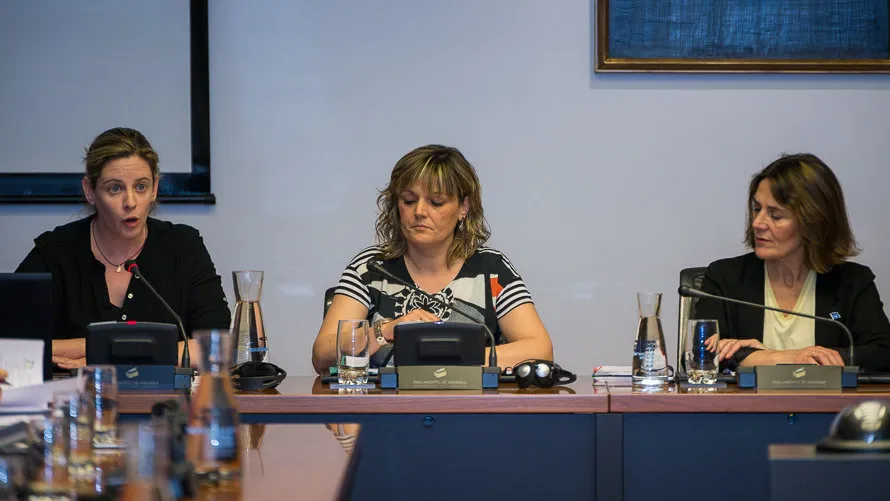The Navarra Diabetes Association (ANADI) has claimed in the Foral Parliament "the full inclusion of the child with diabetes at school and in school canteens", as well as the end of "discrimination" suffered by the people affected to opt for positionspublic as firefighter or police.
It is estimated that in the regional community there are 50,000 people with diabetes, although diagnosed only 30,000, of which 2000 suffer from type I diabetes and around 170 are under 15 years.
Juantxo Remón, president of Anadi, recalled that all minors with diabetes schooling in Navarra need several punctures on their finger and daily insulin injections to control their levels.To do this "they need help or supervision, depending on their age, an adult who is usually a teaching or non -teaching staff with good will, which does not guarantee their attention," explains Remón, who remembers cases of children who stay out outsideof the dining room for not finding an adult to supervise you.
Therefore, the Association has claimed to establish in public educational centers the figure of a nursing professional "to promote health education and in healthy habits, in addition to guaranteeing adequate care for minors with certain pathologies such as diabetes."
Medical exclusions
On the other hand, the Association has urged the Foral Government to review the medical exclusions table in which the “Diabetes Mellitus” is included, taking into account the technical evolution of diabetes treatment and the high degree of self -control and training.The current exclusions painting causes people with diabetes to not opt for different public positions and occur in firefighter or police calls, as shown in Resolution 2761/2014 of December 15, 2014.
The association, which has been present in the Health Commission, has also opted "for prevention in type II diabetes, linked to unhealthy habits, through awareness campaigns and has claimed a continuous diabetes education and not only after thediagnosis".In addition, Anadi has requested "the creation of a day hospital that unifies consultations for adult patients, formed by a multidisciplinary team, including ophthalmology, neurologist or diabetic foot unit, with the aim of reducing the number of visits."
These measures, together with others as greater access to new technologies or the unification of criteria in the health centers on the fungible material, “not only would it improve the care and quality of life of people with diabetes, but would result in agreater sustainability of the health system ”.
They have also asked to put an end to the "discrimination" suffered by affected people to opt for public positions such as firefighter or police.


